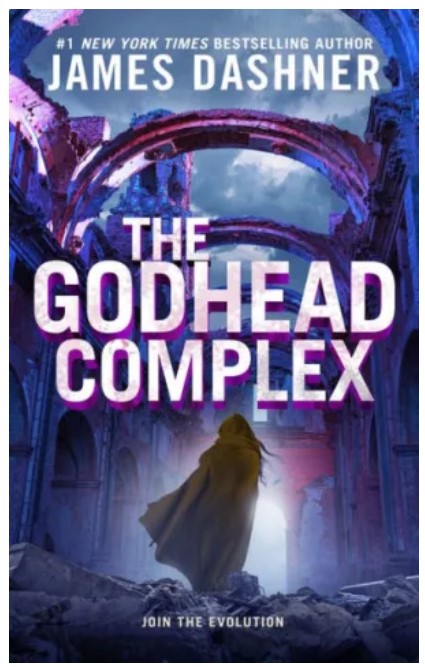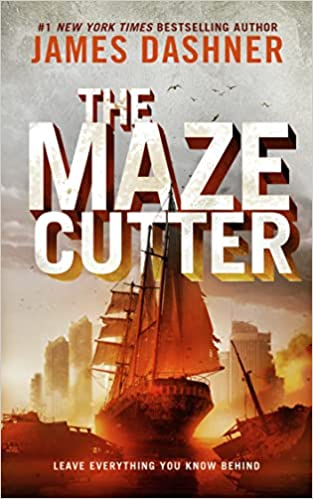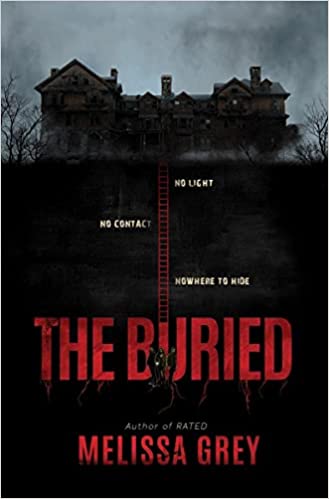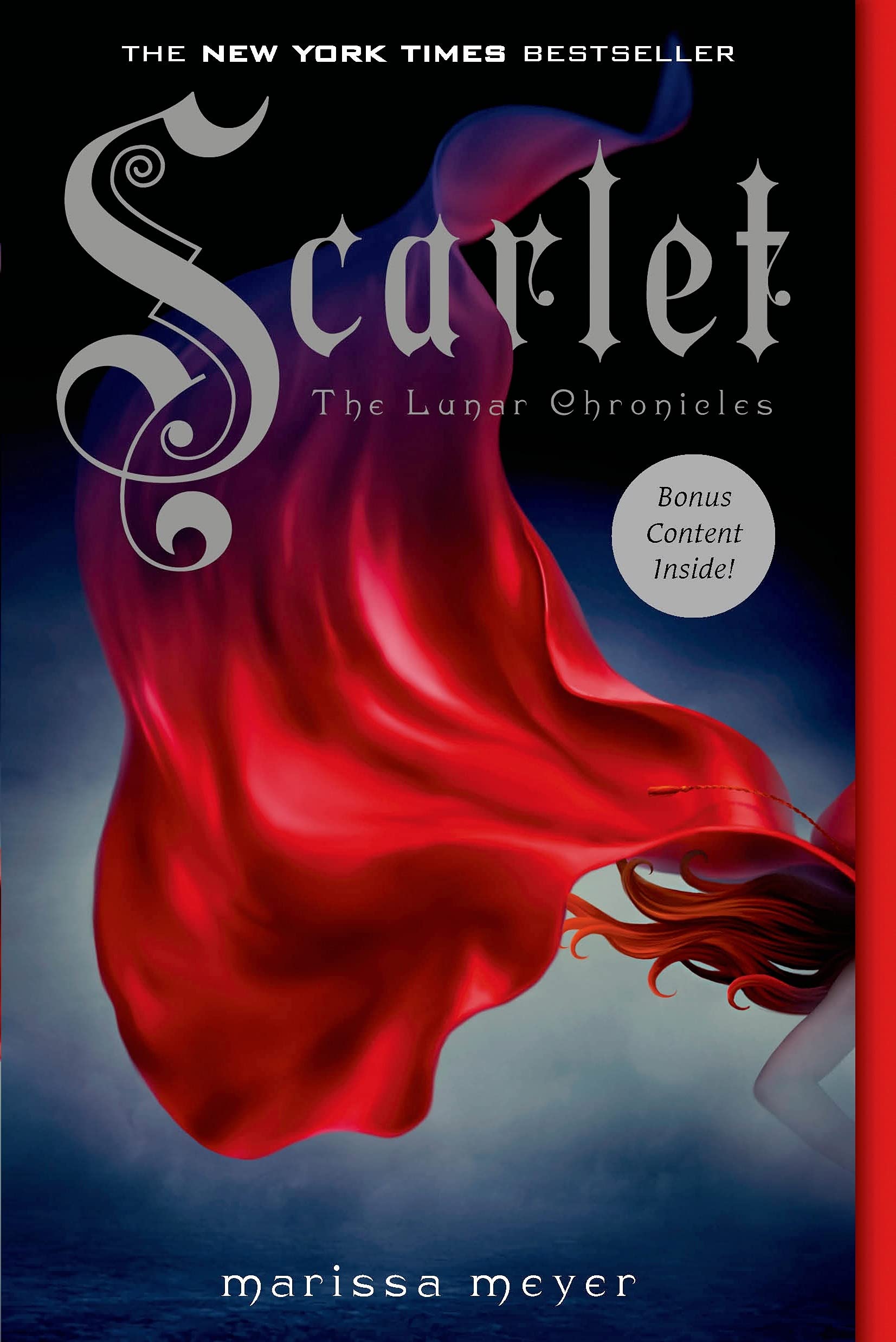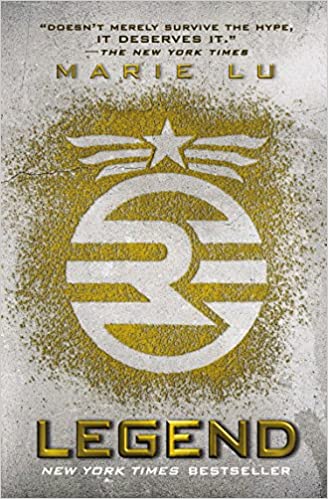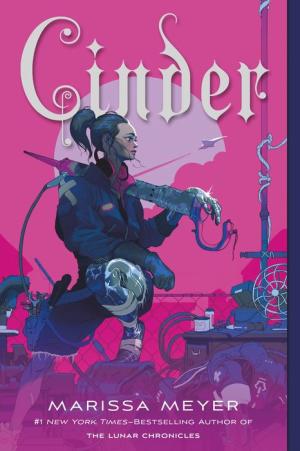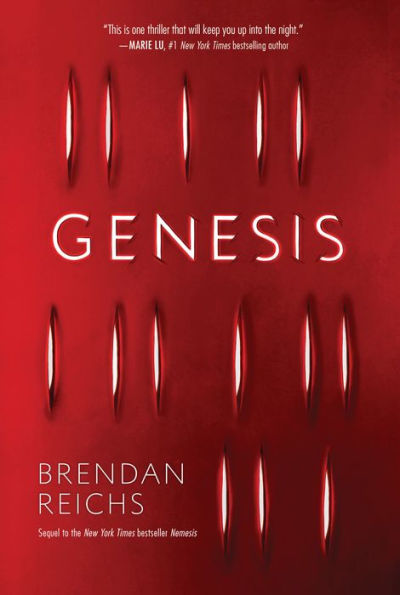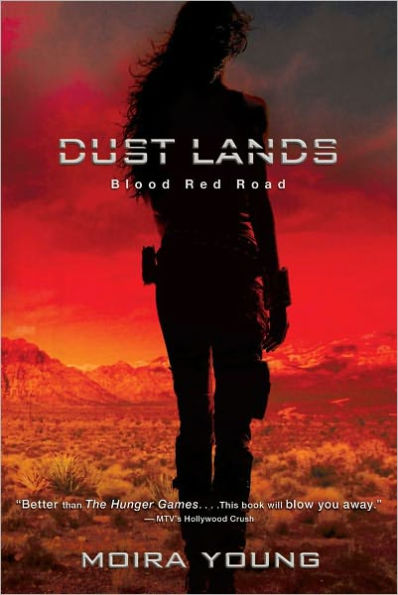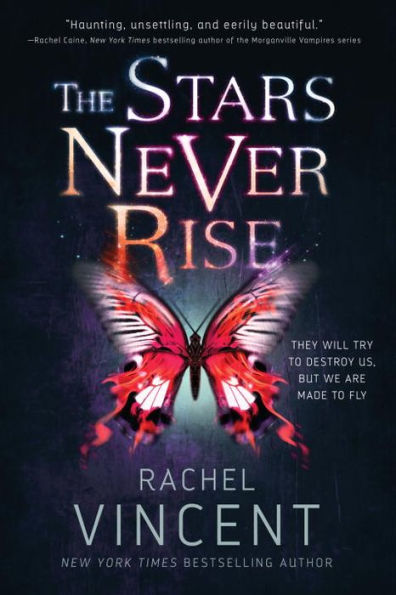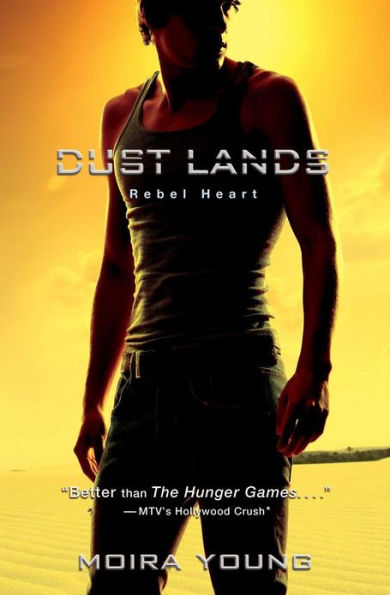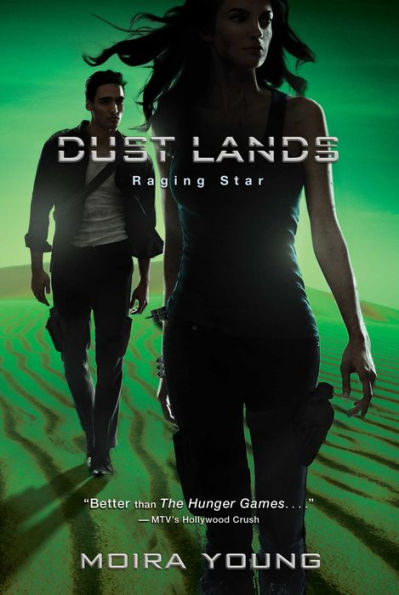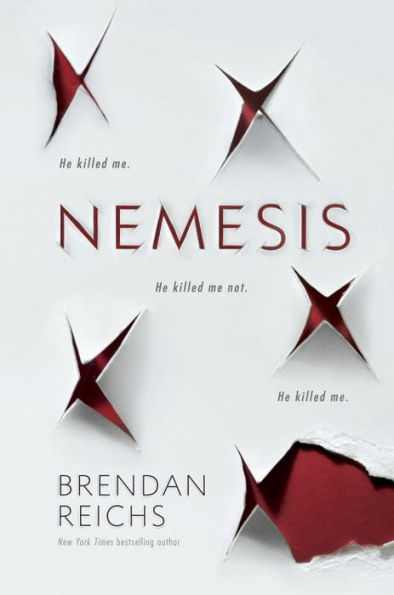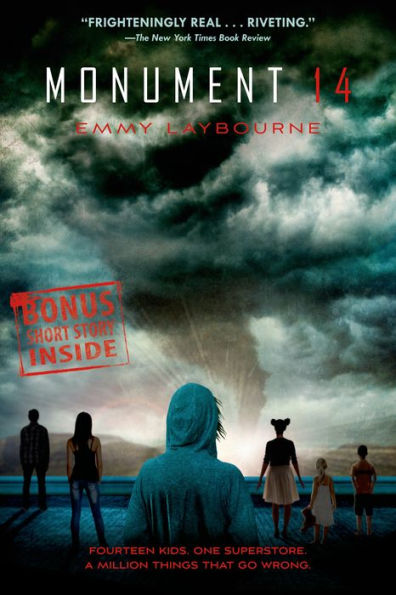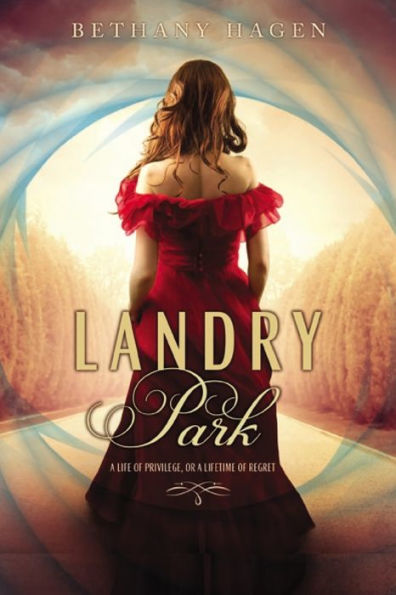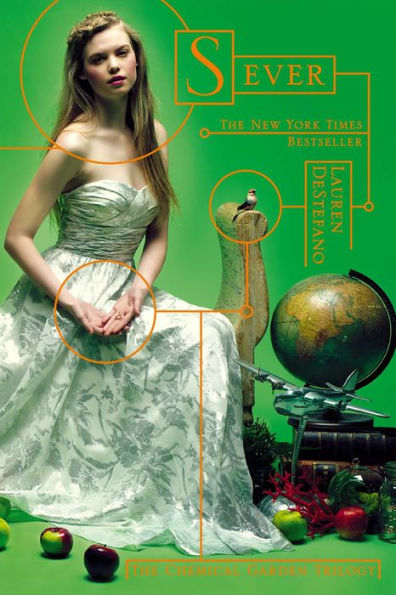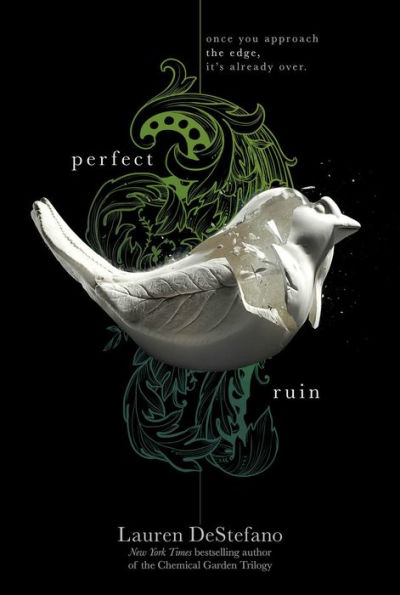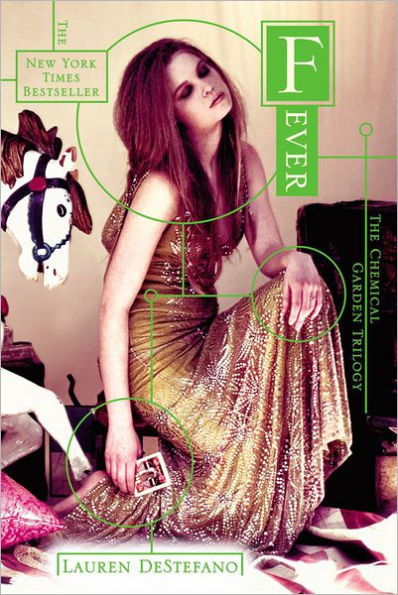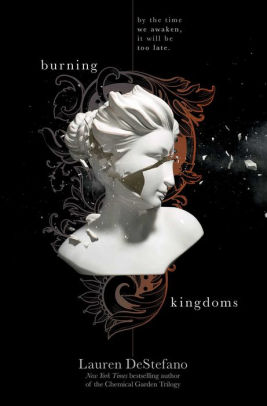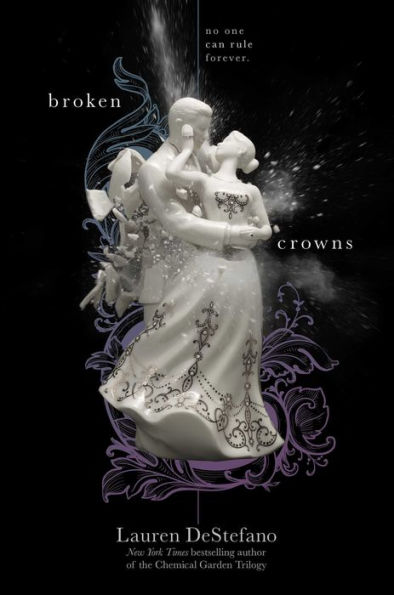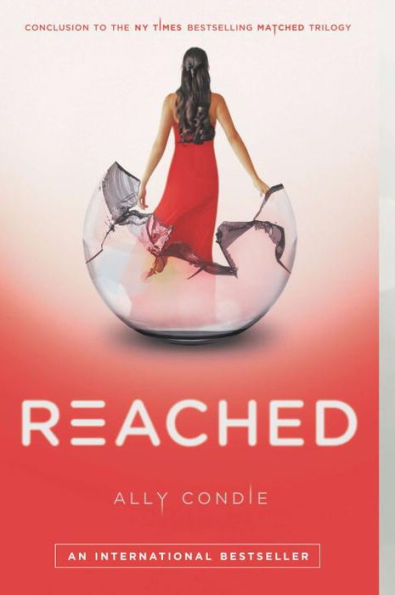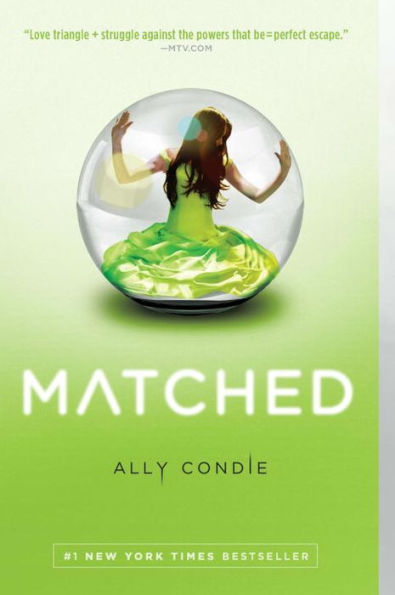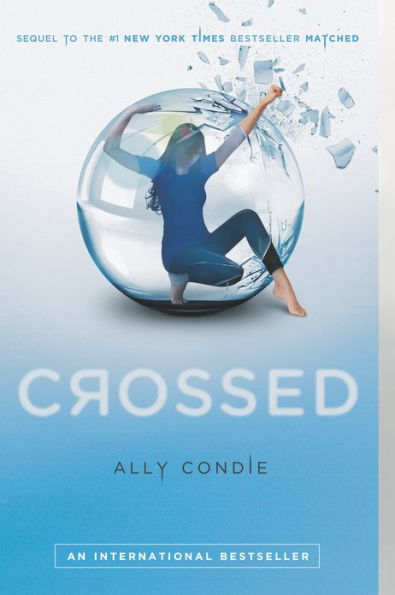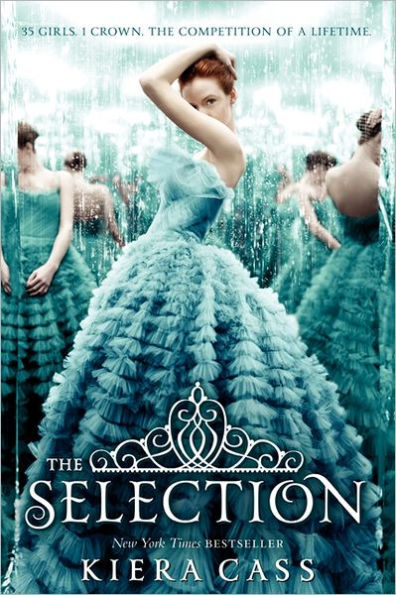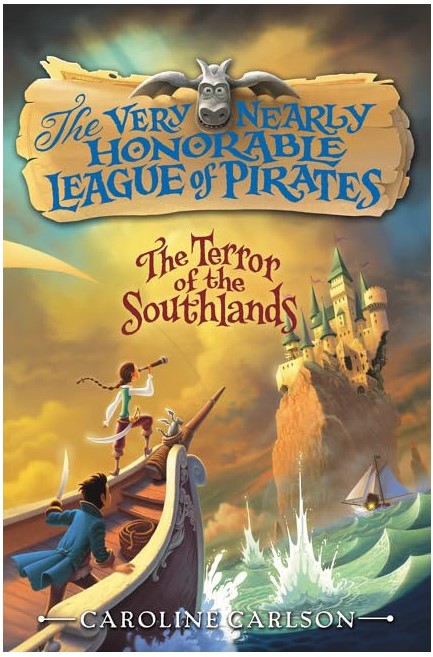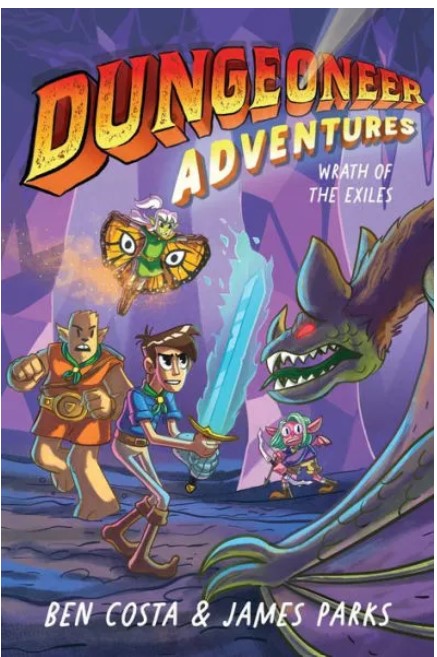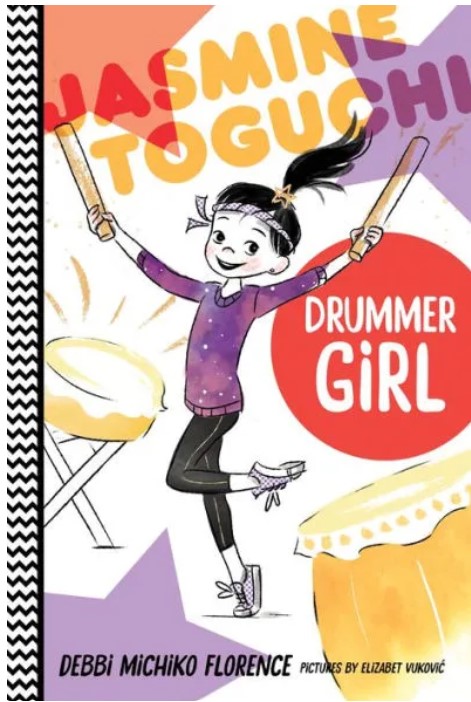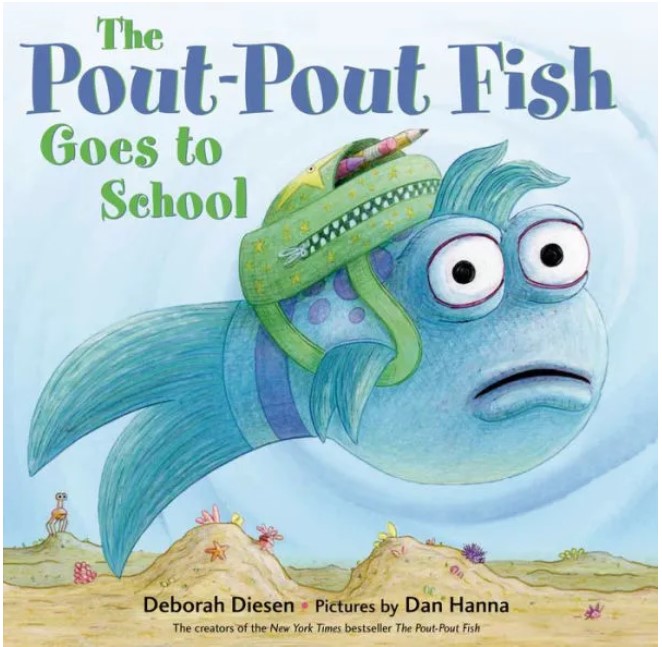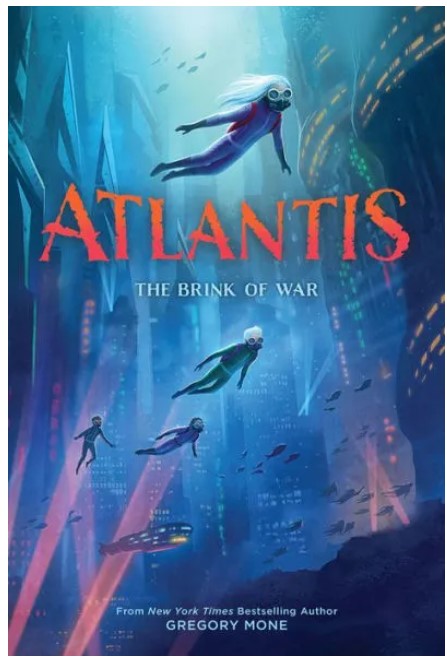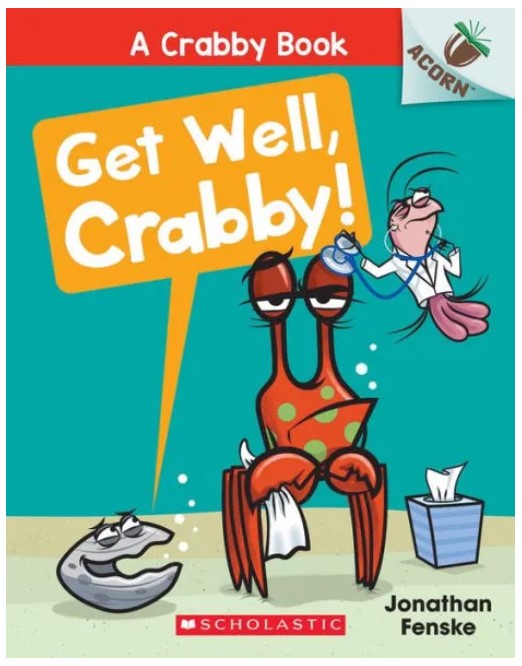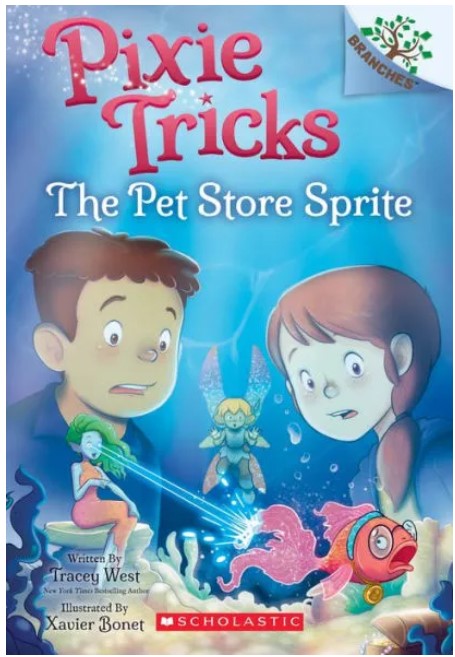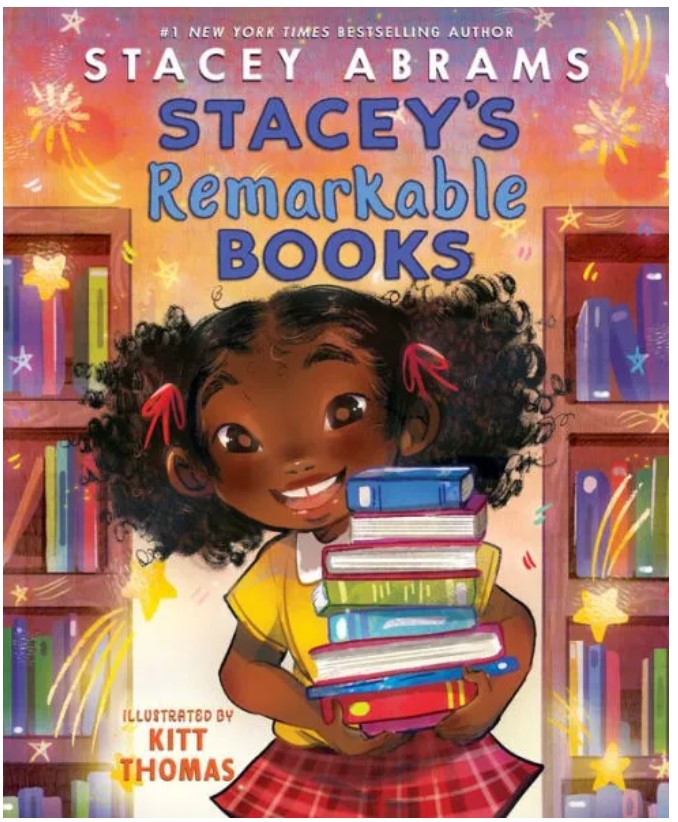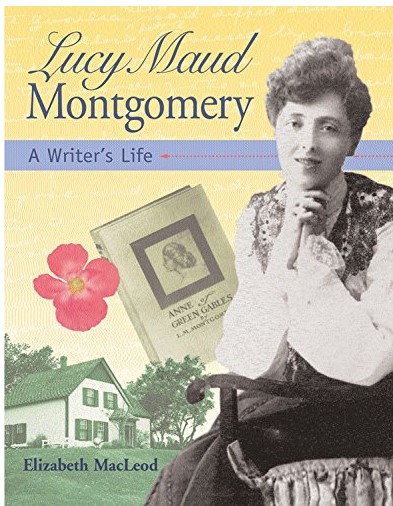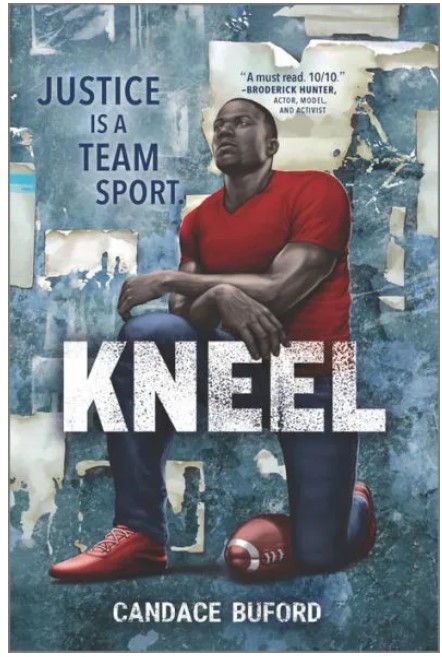Sadina and the islanders are up against both man and nature as they navigate their way to Alaska. There, they hope to meet the mysterious Godhead, unsure of what separates myth from truth. But the Godhead, now led by Alexandra, is fractured. Within the cracks of their sacred trinity, secrets are revealed that blur the lines of good and evil forever.
After a devastating discovery, Isaac and Sadina are forced to split up. Minho holds the rest of the group together, but it’s his beliefs that are slowly falling apart. What once drove Minho to join his sworn enemies is causing him to question everything. When Sadina finds a clue in The Book of Newt, her mission to meet the Godhead becomes even stronger. Isaac and Old Man Frypan come across an enigmatic traveler and learn that the cure isn’t what it once was. They are shaken to the core when they realize that the immunes aren’t as immune as they should be, and the world as a whole is evolving in a dangerous new direction.
In Alaska, The Godhead and the sacred site of the Maze face something that no generation of Pilgrims before them has ever witnessed. Beliefs will change, futures will be rewritten, and not even the Godhead knows what will happen next.
Isaac’s best friend, Sadina, has been told that there is a chance her blood may be the Cure to the Flare virus. The Remnant Nation and The Godhead each offers their own plan for a cure for the Flare. Isaac and Sadina feel that “they needed to help end the Flare for good” by “taking Sadina’s blood” and creating a Cure, but Isaac and Sadina don’t know who to trust—The Remnant Nation or the Godhead.
An important theme in The Godhead Complex is how people in positions of power can manipulate those who are desperate for answers. The Godhead claims to offer a “cure” for the Flare virus that will reshape humankind as we know it: “For the non-infected, the Cure sequenced DNA structures that had been left abandoned in humankind, opening new pathways and abilities whose potential had been lost or never discovered.” These abilities include perfect memory, strength beyond normal human capacity, and even telepathy. Alexandra, a powerful leader in the Godhead, calls herself a goddess and is even willing to kill her counterparts in the Godhead to gain more power for herself. Alexandra tells the public that she has found a cure for the Flare virus and that, “You all will become Gods and Goddesses, if you accept the Cure.”
One important character is Old Man Frypan, a man who was a test subject in the original Maze experiments decades ago. Frypan is a character from the original Maze Runner Series, set seventy years before this novel, and he constantly offers Isaac and his friends sage advice. For instance, Frypan says, “You trust yourself first, and after that you trust those who trust you.” Frypan explains a main theme in the novel: sometimes people who begin with good intentions can become dangerous. For example, Sadina, Isaac’s best friend, asks, “If [the Godhead] really wants to cure the Flare, that can only be good, right?” Old Man Frypan tells Sadina, “People are manipulative, motivated by power, greed, and things you and I aren’t capable of.”
The theme of people turning on each other for power is pertinent. The major war that happens centers around two leaders of the Godhead, Alexandra and Mikhail, and their attempts to secretly gain power over each other. For example, Mikhail says, “It was Alexandra’s war within her own mind that made it possible for Mikhail to sneak away so often to the Remnant Nation. To build an army of Orphans solely to defeat her and wipe the Flare from the earth for good.” Both characters are set on destroying each other, even though in the previous novel it appeared that they were both on the same side, with the Godhead.
Readers who enjoy switching between the points of view of several characters will enjoy the way this book builds suspense by focusing on multiple characters’ perspectives. Readers who enjoy science fiction and action will find this book thrilling, as long as they are not put off by occasional instances of violence. The ending will have readers on the edge of their seats. Isaac and his friends discover that “something about the sequencing that blocks the Flare also blocks reproduction . . . The Evolution [from taking the Cure] will cause our extinction.” The end of book two leaves Isaac struggling to reckon with the truth: “How can [the Cure] save the population while ensuring it ceases to exist. How could both realities be true?” Isaac and his friends decide they only have one option, to go to Alaska and confront the Godhead.
Sexual Content
- Sadina and her long-time girlfriend, Trish, kiss. “They kissed, and Sadina squeezed Trish even tighter, and the cheese-fest might have lasted forever if Dominic didn’t race up to the deck.”
Violence
- In a prologue, the widespread effects of the Flare virus are described: “screams of death” like “souls being cooked from the inside out.”
- Isaac’s friend, Sadina, recalls an event from the first book in the series, The Maze Cutter, where Kletter was murdered by two strangers. “Kletter got her throat slit open.”
- Mikhail discovers that a fellow member of the Godhead has been murdered: “It took [Mikhail] a handful of seconds to realize what he was looking at—not because his brain was confused, but because he had never before this moment seen a body without a head.”
- While sneaking into the Remnant Nation, Mikhail is stabbed. “Before [Mikhail] could even wonder who was behind him, he felt the screaming stab of a knife in his lower back.” However, Mikhail does not die from this wound.
- Alexandra witnesses an arrow kill her assistant. “Alexandra stopped at the sight of her faithful servant’s expression, crooked with pain . . . His knees hit the ground, a single red arrow jutting from his neck.”
- Mikhail witnesses a group of cranks, people infected with the Flare that turn into zombie-like creatures, “chewing at their own limbs” to escape chains.
- When a crank escapes the chains, Mikhail kills it. “[Mikhail] then stabbed the crank in the neck. Right in the artery.”
- To protect her friends, Sadina kills a crank. “[Sadina] steadied the gun in both hands then blew a bullet through the crank’s head.”
Drugs and Alcohol
- None
Language
- Occasionally characters will use profanity such as ass, damn, and shit.
Supernatural
- None
Spiritual Content
- Nicholas, a member of the Godhead, says the Cure will make humans into gods. He says, “God is nothing but a complex, we are all gods.”
- Alexandra, a leader of the Godhead, refers to herself as “Goddess.”
- Alexandra tells the public, “You all will become Gods and Goddesses, if you accept the Cure.”
- Roxy, a wise woman who joins Isaac and his friends on their mission tells stories of “the God with the Angels and the Devil.” Roxy says, “Hell is a place you go to after you die, where the Devil rules his little scary kingdom. I don’t believe in it, not literally anyway, but some people do.”
